Thailand's Department of Special Investigations (DSI), an agency that makes J. Edgar Hoover and the American FBI look like a squeaky clean human rights org, currently has over 350 completely random and unrelated charges laid against Wat Phra Dhammakaya. The first and most severe of which is a so called money laundering charge linked to the Klongchan Credit Union Cooperative (KCUC).
The KCUC has been having some financial troubles since the embezzlement scandal that crippled its balance sheet, but contrary to what DSI has been reporting, it is not because of the "money laundering" scheme DSI is accusing Wat Phra Dhammakaya's honorary abbot, Luang Por Dhammajayo, of that the credit union is in trouble. Less than 10% of the total money allegedly embezzled was traced to the temple, which were received via donations made publicly to Luang Por Dhammajayo in front of thousands of people. On top of that, the temple raised money to return the sum of the donations back to the credit union once they were made aware of its origin.
As you will see in the following clip, the chairman of the KCUC explains that the people responsible for the credit union's impending failure is not Wat Phra Dhammakaya, but in fact, DSI and Thai Law enforcement, the people who are going after Wat Phra Dhammakaya.
The above excerpt conveys the point we want to make, but to prove that there was no shady editing or taking out of context, here are the full episodes of Facetime as they aired on Feb. 23rd and Feb. 24, 2017 below.
Facetime Episodes Feb. 23 & 24, 2017 Interview with Mr. Prakit, Chairman of the Klongchan Credit Union Cooperative (KCUC)


